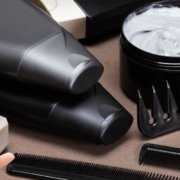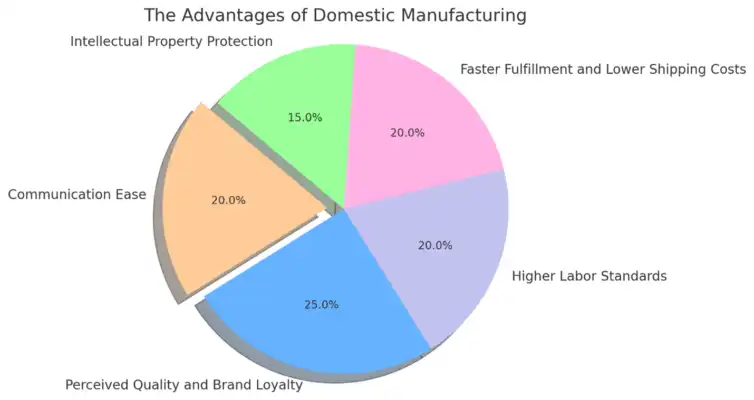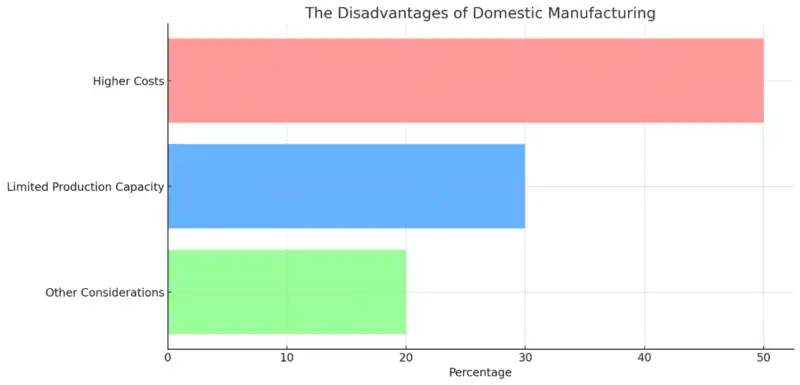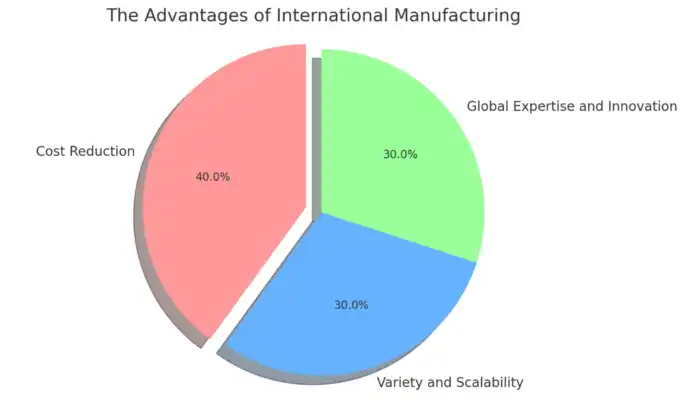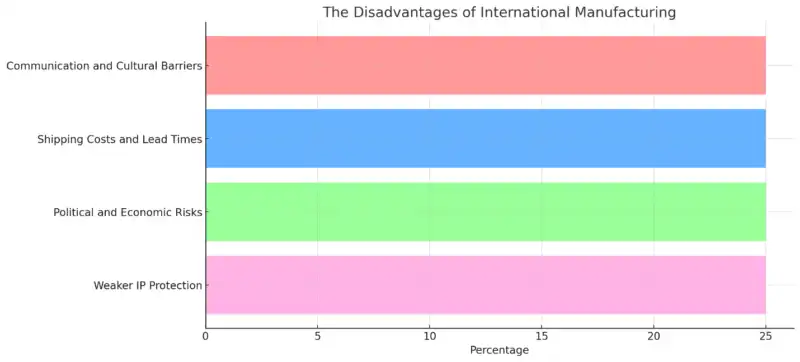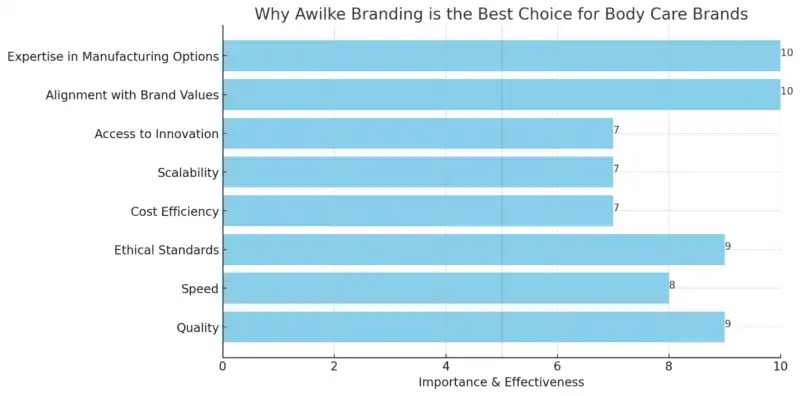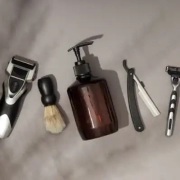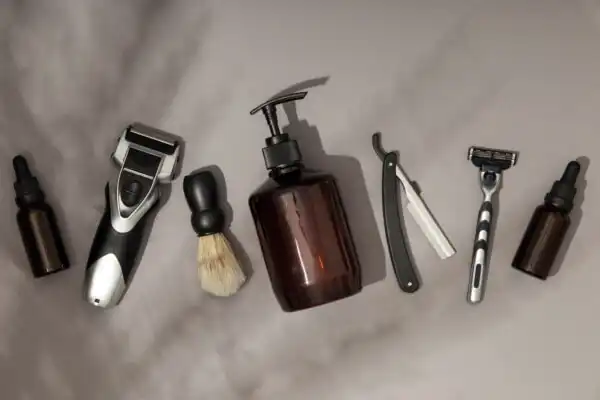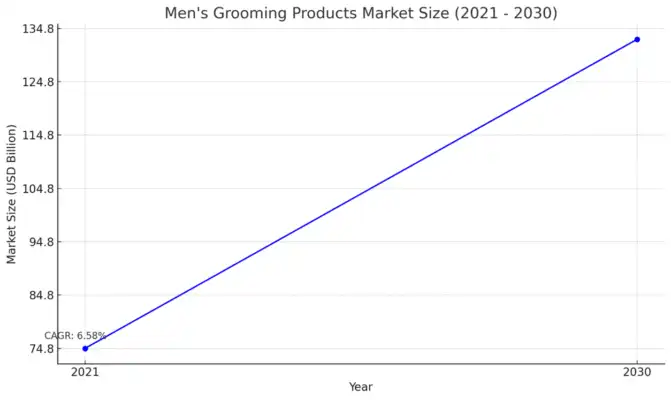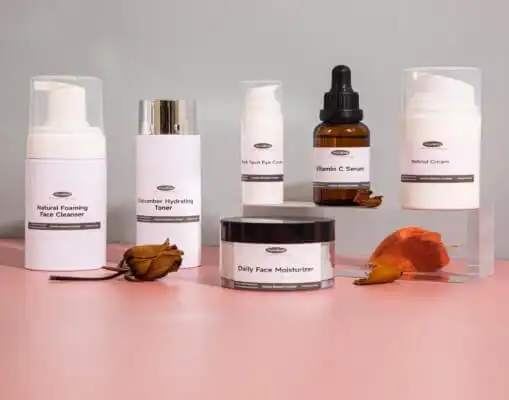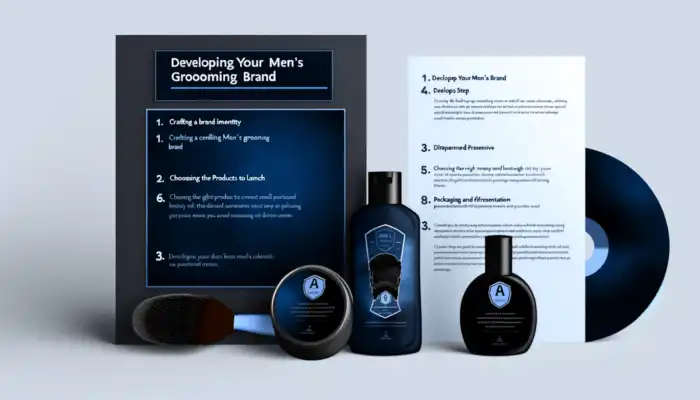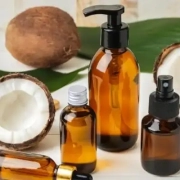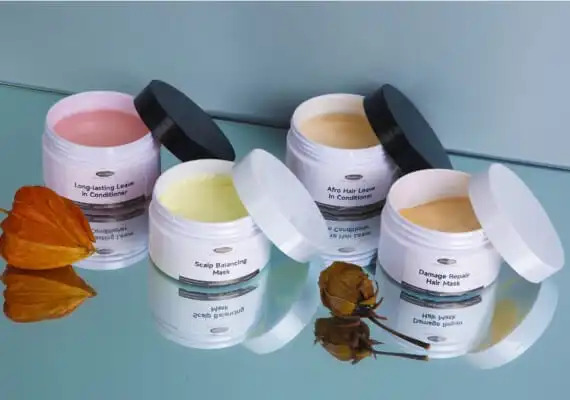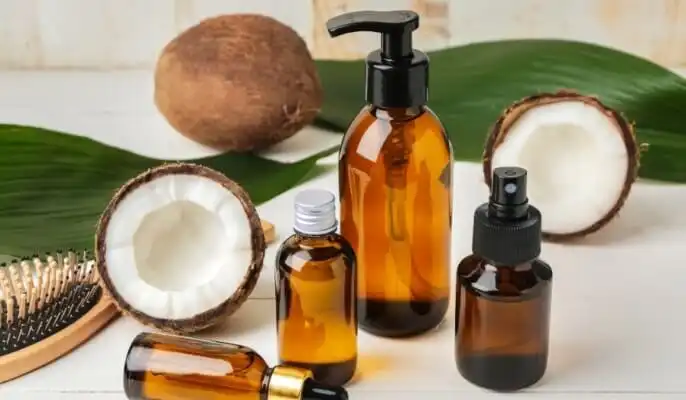Complete Guide to Hair Wax Production: From Raw Materials to Salon-Ready Products

Do you wish to know the complete guide to hair wax production, from raw materials to salon-ready products? Remember, high-quality hair wax is a crucial tool for barbers and stylists in the hairstyling business. With the industry’s revenue projected to grow significantly, understanding the production process behind these indispensable products is more valuable than ever.
This research covered all the formulas you need to know for creating your own private-label hair wax—from sourcing the finest raw materials to delivering salon-ready products that elevate every styling session.
For entrepreneurs and business owners looking to dive into the private label sector, this article offers a comprehensive overview of hair wax manufacturing. You’ll gain insights into selecting the right ingredients, the tones of formulation, and the stringent quality control measures essential for top-tier hair products. Moreover, you’ll discover how these processes align with the demands of professional stylists who rely on the performance of their styling products daily.
All About Hair Wax Composition

Hair wax is a staple in hairstyling, offering both hold and texture. Have you ever wondered what goes into your favorite hair wax products that help you achieve those perfect styles? Let’s look into the ingredients that make hair waxes so effective and essential for barbers and hairstylists.
Key Ingredients in Hair Wax
The backbone of any good hair wax lies in its ingredients, primarily beeswax, lanolin, Carnauba Wax, Castor Oil, and Vitamin E. Each plays a unique role in the hair wax’s performance:
Beeswax:
Beeswax provides a natural hold and seals in moisture, helping to prevent split ends and maintain manageable hair. It also has anti-inflammatory properties that soothe the scalp.
Lanolin:
Lanolin is known for its moisturizing properties, making it a favorite for products intended to nourish dry and damaged hair. It forms a barrier on the hair that helps retain natural moisture levels, leaving hair soft and supple.
Carnauba Wax:
Carnauba Wax derived from the leaves of the carnauba palm, this wax is celebrated for its durable, water-resistant properties. In hair wax, it helps to provide a firm hold, enabling the hair to maintain its style throughout the day. Carnauba wax also adds a glossy sheen to the hair, enhancing its appearance with a polished finish.
Castor Oil:
This ingredient is highly valued for its moisturizing benefits. Castor oil helps to hydrate the hair and scalp, preventing dryness and flakiness. Its thick consistency also contributes to the overall texture of the hair wax, facilitating smoother application and enhancing the hair’s manageability and shine.
Vitamin E:
Vitamin E is Known for its antioxidant properties, Vitamin E plays a crucial role in protecting the hair from environmental stressors such as UV radiation and pollution. It supports scalp health by reducing oxidative stress, which can contribute to hair damage. Vitamin E also helps to nourish the hair, promoting a healthier and more vibrant look.
Quality Considerations
The quality of the ingredients used in hair wax makes a significant difference. High-quality beeswax and lanolin ensure better performance and client satisfaction. A product with pure, sustainably sourced beeswax performs better and supports environmental stewardship. Similarly, high-grade lanolin can enhance the hair’s moisture retention without causing buildup.
So, Why Does It Matter?
Consider this: the better the ingredients, the better your clients’ hair health will be. As professionals, choosing products with top-notch components means investing in your client’s hair health and, by extension, in the reputation of your services. Isn’t it worth selecting the best?
Sourcing Raw Materials Strategy

When diving into private label hair wax production, sourcing the right raw materials isn’t just a step—it’s the foundation of your brand’s reputation and success. So, let’s explore some critical strategies for sourcing raw materials that align with ethical standards, ensure consistent quality, and manage costs effectively.
Ethical Sourcing:
-
- Ethical sourcing is paramount in today’s beauty industry. It ensures that the materials procured do not harm the environment or exploit labor. Initiatives like upcycling bi-products from other industries (such as food production) reduce waste and align with sustainable practices, helping your brand cater to the eco-conscious consumer.
Supplier Selection:
-
- Choosing the exemplary supplier involves more than just finding the lowest price. It’s about reliability, quality, and alignment with ethical standards. Look for suppliers who have transparent practices and robust quality controls in place. Employ tools and technologies that help monitor supplier compliance and ensure they adhere to your ethical standards.
Cost Management:
-
- Managing costs effectively doesn’t mean cutting corners. It’s about finding the right balance between quality and price. Consider the long-term advantages of investing in higher-quality ingredients, which can lead to better customer satisfaction and fewer complaints. Analyze the total cost of sourcing, including potential risks and long-term sustainability, to ensure your pricing strategy remains competitive while still upholding high standards.
Overview of The Manufacturing Process

Diving into hair wax production, each step in the manufacturing process not only shapes the product but defines its effectiveness and appeal in the competitive beauty market. Are you ready to uncover the secrets behind crafting the perfect hair wax? Let’s break down the critical stages:
Step 1:
Preparation of Ingredients:
The journey begins with meticulous preparation. Quality starts here—raw materials must be pure and correctly handled to ensure the final product’s integrity. This stage often involves sorting, cleaning, and sometimes pre-mixing ingredients to optimize their effectiveness during manufacturing.
Step 2:
Mixing and Blending:
Next, we blend these prepared ingredients. The art of mixing is crucial and varies greatly depending on the product. High-shear mixers might be used to ensure that high-viscosity ingredients blend smoothly without clumping. The goal? A uniform and stable mixture that promises consistency in every batch.
Step 3:
Heating and Cooling:
Controlled heating and cooling are vital for stability and effectiveness. Heating helps to merge phases smoothly, particularly in emulsion-based products like hair wax, where oil and water components must combine flawlessly. Cooling, on the other hand, is not just about temperature reduction; it’s about ensuring that the texture and viscosity of the hair wax are set correctly for optimal application.
Step 4:
Formulation Adjustments:
Finally, customization is key. Different hair types and styles require different properties from a hair wax. This stage adjusts the basic formulation to cater to these needs—be it more hold, extra moisture, or special ingredients for shine or scent. Adjustments might be made to the formula’s pH levels, fragrance, or colorants to suit specific market needs or consumer preferences.
So, each of these stages is a blend of science and art, demanding precision and creativity from manufacturers.
Quality Control Measures in Cosmetic Manufacturing

Let’s explore the various quality control measures that safeguard the integrity of cosmetics, ensuring they meet the highest standards of safety and effectiveness.
✔️Testing for Consistency
To guarantee that each batch of product remains consistent, rigorous testing procedures are employed throughout the manufacturing process.
This includes physical and chemical assessments such as spectroscopy for ingredient concentration and chromatography for analyzing complex formulations.
These tests ensure that each product batch adheres to the same quality standards and behaves identically in terms of texture, color, and functionality.
✔️ Safety Standards
Adherence to safety standards is paramount. Quality control testing in the cosmetics industry encompasses a range of evaluations designed to ensure consumer safety.
This includes microbiological testing to detect harmful microorganisms, stability testing to assess product durability under various environmental conditions, and toxicological testing to identify any potentially harmful effects under normal or foreseeable usage.
✔️ Client Feedback Integration
Feedback from barbers and stylists is invaluable and is often integrated into the quality control process to refine and improve products. This direct input can lead to adjustments in the formulation to meet the specific needs of end-users better, enhancing product efficacy and user satisfaction. Engaging with these frontline professionals helps manufacturers understand real-world product performance and areas for enhancement.
Packaging and Labeling for Cosmetic Products
Below is a tabulated overview focusing on different packaging options, eco-friendly choices, and labeling requirements:
| Aspect | Details |
| Packaging Options | Various packaging types include glass, aluminum, and cardboard, each offering unique benefits like recyclability and luxury appeal. Silicone is notable for its durability and non-toxic properties, making it a preferred choice for eco-conscious brands. |
|
Eco-Friendly Choices |
Emphasizing sustainability, options such as biodegradable materials and refillable containers are gaining popularity. Brands are increasingly adopting minimalistic designs to reduce waste and appeal to environmentally conscious consumers. |
|
Labeling Requirements |
Compliance with regulatory standards is crucial. Labels must include essential information like ingredients, usage instructions, and safety warnings. In markets like the U.S., the FDA stipulates that labels should be clear and visible on the primary display panel. |
Key Points:
- Visual Appeal: The design of labels is vital for attracting customers. Effective labels combine appealing graphics, appropriate colors, and clear typography to make products stand out on shelves and convey brand values.
- Sustainability in Labeling: To reduce environmental impact, brands are opting for labels made from eco-friendly materials like water-based inks and thinner materials.
- Regulatory Compliance: Each region has specific labeling requirements which must be strictly followed to avoid legal issues. For instance, in China, cosmetic labels must include safety warnings for specific ingredients and clear information on suitability for children.
Stand Out On Marketing Your Hair Wax Product

Marketing your hair wax product effectively involves a strategic blend of understanding your audience, establishing a resonant brand, choosing the right sales channels, and educating your clients to maximize product benefits. Let’s see how to implement these strategies to create a strong market presence.
- ✔️Target Audience Identification: Focus on barbers and hairstylists, as they are your primary clients and influencers in the beauty industry. Knowing their needs, preferences, and daily challenges can help you tailor your marketing messages more effectively.
- ✔️Branding Strategies: Building a brand that resonates with professional users means more than just having a great product. It involves creating a story that connects on a professional level. For instance, emphasize how your product uses high-quality ingredients or how it can help stylists achieve the perfect look with ease.
- ✔️Sales Channels: Selecting the right sales channels is crucial. While online sales are essential, consider partnering with local barber shops and salons as direct sales points. This boosts visibility and provides stylists and barbers with immediate access to your products.
- ✔️Customer Education: Host workshops or create online tutorials demonstrating your hair wax’s unique benefits and uses. This educates stylists on why your product is superior and how they can best use it to enhance their styling techniques.
Choosing the Right Manufacturer for Your Salon’s Needs
Take a look at this: you’re at the helm of a thriving salon, your shelves stocked with products that not only dazzle your clients but also reflect the ethos and excellence of your brand. This isn’t just a dream—it’s a reality within reach when you partner with the right manufacturer for your salon’s needs. But how do you ensure that this partnership propels your business toward unparalleled growth and success?
Choosing a manufacturer that aligns with your salon’s values and needs is crucial. It’s like choosing a business partner—their values, goals, and business practices should mirror your own. Are they committed to sustainability? Do they prioritize quality and customer satisfaction? These questions are vital. You need a manufacturer who supplies what you need and champions the causes important to your brand. So, who is the best manufacturer for your brand?
Awilke Branding is synonymous with excellence in the cosmetic manufacturing industry. With our deep expertise in cosmetic formulation and steadfast commitment to industry standards, we provide products and a partnership that understands the market’s pulse. Our focus on technical precision and staying ahead of market trends ensures that our clients, like you, receive nothing but the best to enhance their product offerings.
Barbers and hairstylists consider this: partnering with Awilke Branding means choosing a path of growth, quality, and innovation. Our commitment to providing high-quality, reliable hair wax products is unmatched, and we understand the importance of a reliable manufacturer in creating a private label that stands out.
So, if you’re ready to elevate your brand today, click the button below to chat with us.
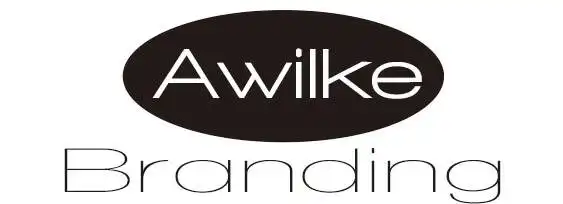
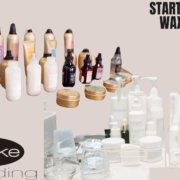

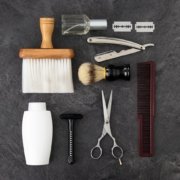




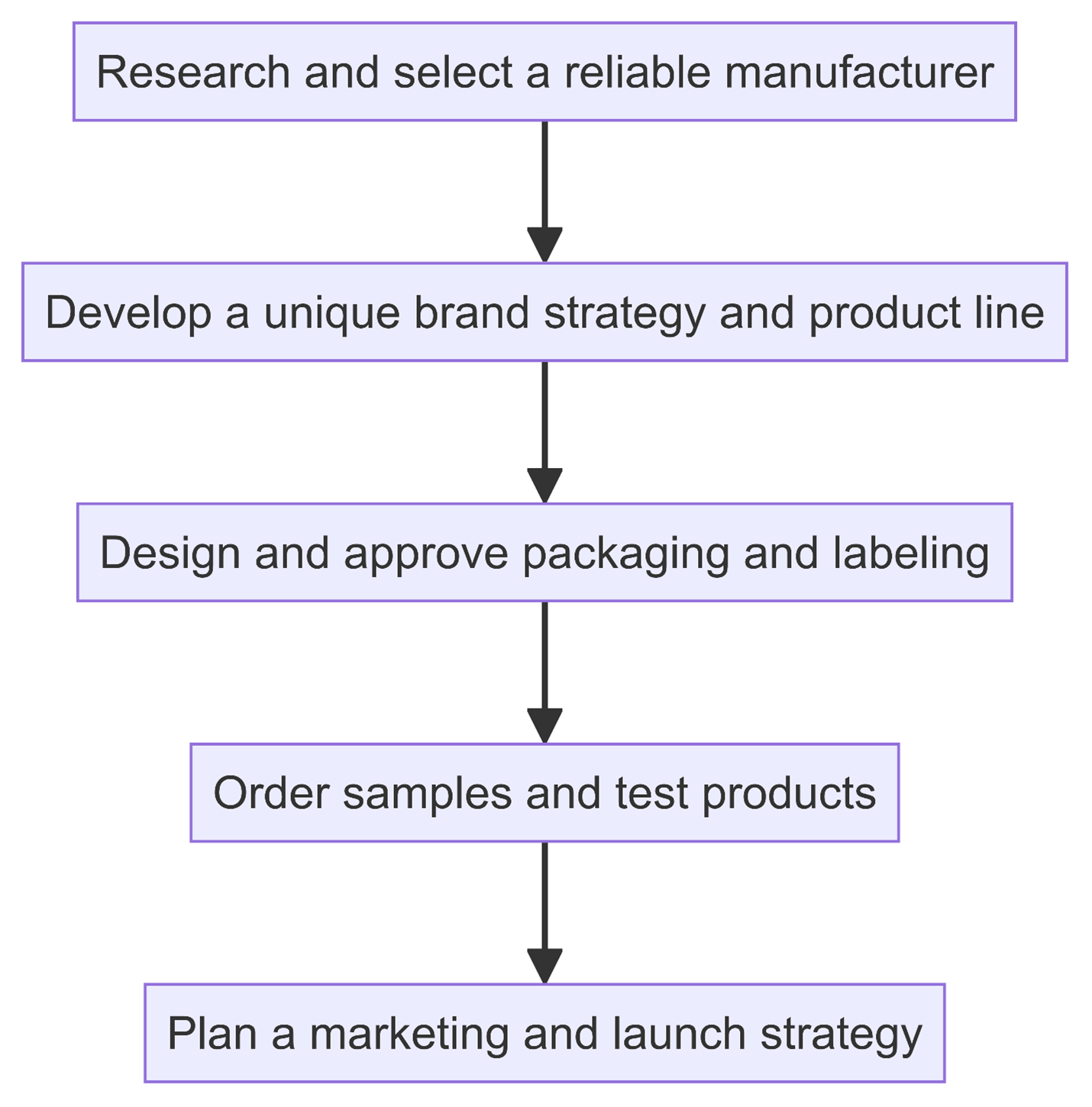



 When it comes to hair care, building an effective hair wax line for your brand could be the key to capturing a loyal customer base and standing out in the competitive market. Whether you’re a barber shop, salon, spa, or any other hair care business catering mainly to men, providing the best hair styling products for your customers may just be the edge you need to be their first choice.
When it comes to hair care, building an effective hair wax line for your brand could be the key to capturing a loyal customer base and standing out in the competitive market. Whether you’re a barber shop, salon, spa, or any other hair care business catering mainly to men, providing the best hair styling products for your customers may just be the edge you need to be their first choice.






